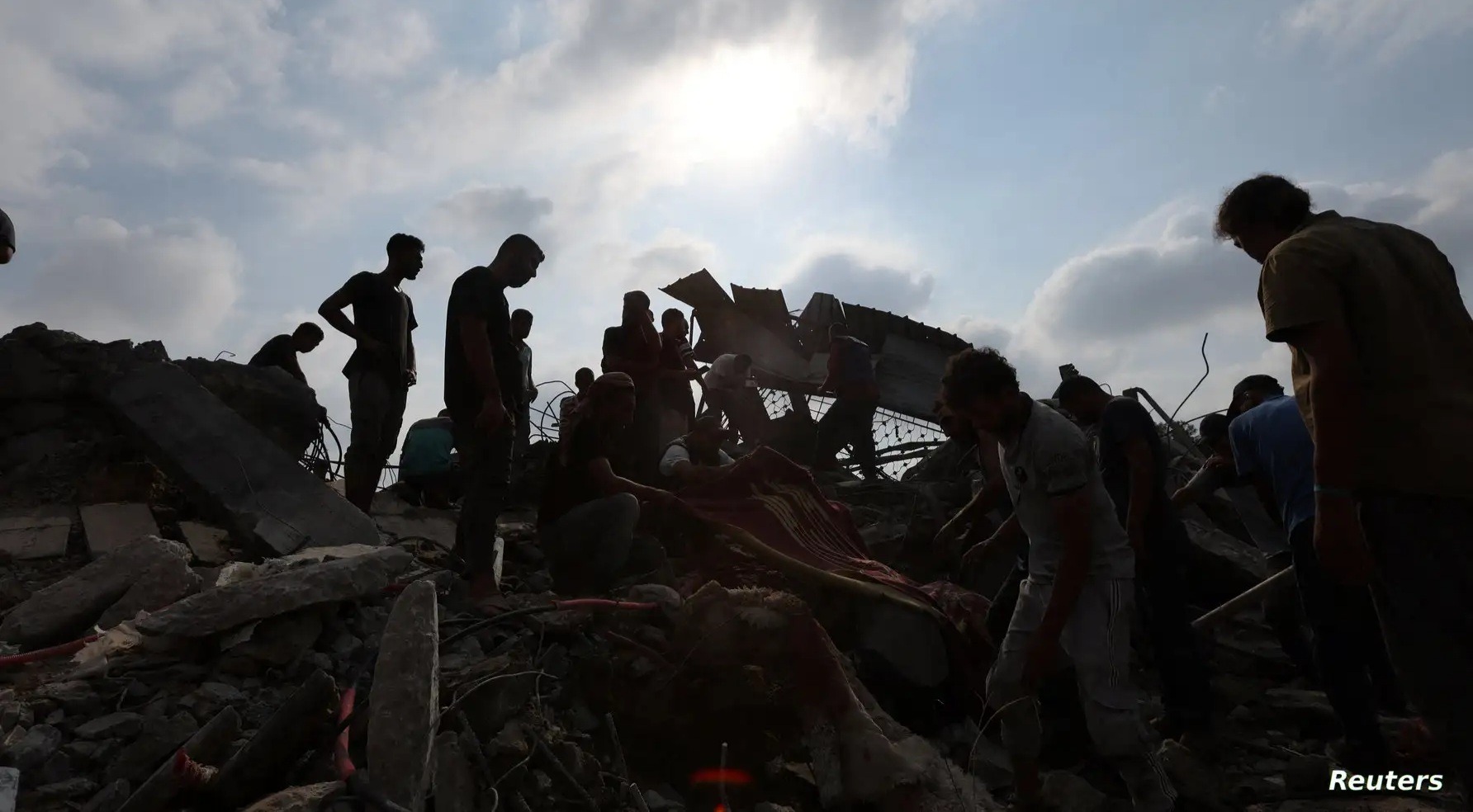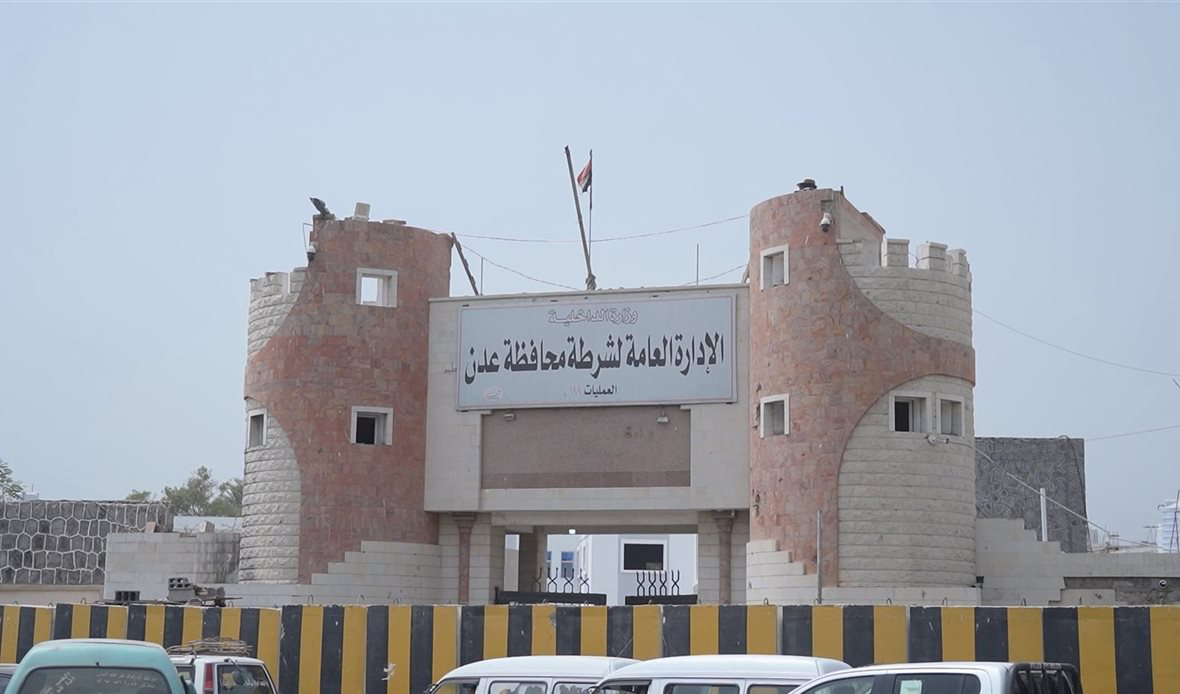
Barran Press
A potential ceasefire agreement for the ongoing conflict in Gaza has hit a snag, with Israeli Prime Minister Benjamin Netanyahu's key demands proving to be major sticking points.
According to the Times of Israel, the proposed agreement does not include Netanyahu's calls for a continued Israeli presence along the border between Gaza and Egypt, or the establishment of a mechanism in central Gaza to prevent Hamas forces from returning to the northern part of the territory.
Israeli Channel 12 reported that if Israel and the US can agree on these two key issues, Egypt and Qatar will pressure Hamas to accept the deal. However, Hamas has reportedly made it clear that it will not agree to a ceasefire that includes these Israeli demands.
Netanyahu, who has repeatedly emphasized these demands in recent weeks, is expected to hold a crucial meeting with Israeli negotiators and security officials on Sunday to discuss these issues before the start of talks in Cairo. He is also scheduled to meet with US Secretary of State Antony Blinken, who is expected to arrive in Israel on Sunday.
US officials have previously stated that the return of Hamas forces to northern Gaza, through the "Nitsarim corridor" established by the Israeli army to separate the north and south of the territory, would constitute a violation of the agreement.
According to Walla News, mediators have now proposed a clause that would give Israel the right to resume military action against Hamas if weapons are transferred to northern Gaza.
The Times of Israel reports that the Israeli army would be required to withdraw from the Nitsarim area in the initial phase of the deal.
Israeli and other sources have indicated that Israeli security chiefs believe that withdrawing from the Philadelphi corridor along the Gaza border for six weeks in the initial phase of the deal will not allow Hamas to rearm significantly.
Some unspecified measures along the border could compensate for the Israeli withdrawal from the border area.
Israeli Channel 13, citing Egyptian sources, reported that Israel and Egypt are working on arrangements regarding the Philadelphi corridor and the Rafah border crossing.
In recent talks, Israeli negotiators have softened their stance on issues including Israeli military control over specific areas in Gaza and the release of Palestinian prisoners, according to the Wall Street Journal, citing mediators.
However, leaders from Israel and Hamas have not publicly confirmed these shifts in positions.
The three mediating countries, the US, Egypt, and Qatar, issued a joint statement after the talks concluded on Friday, describing the meetings as serious and constructive and stating that a proposal had been presented to bridge the gap between Israel and Hamas to overcome the differences between the two sides.
The US, Qatar, and Egypt said in a joint statement that after two days of "constructive" negotiations in Doha conducted in a "positive atmosphere," talks would resume next week in Cairo.
The statement added, "Senior officials from our governments will meet again in Cairo before the end of next week hoping to reach an agreement according to the terms presented today."
Pending the resumption of talks in Cairo, technical teams will continue working on the details, "including arrangements for the implementation of the comprehensive humanitarian aspects of the agreement, as well as details related to hostages and detainees," according to the statement.
The White House announced that "the United States of America, with the support of the State of Qatar and the Arab Republic of Egypt, has presented a proposal to both sides that narrows the gaps between them."
The Times of Israel cited US officials as saying that they "aim to finalize the long-awaited deal by the end of next week."
Negotiations are being conducted based on a plan announced by Biden on May 31, which consists of three phases: a ceasefire, an Israeli withdrawal from populated areas in Gaza, and the introduction of aid and the release of Palestinian prisoners from Israeli jails.
Hamas did not participate in the Doha negotiations, which brought together Egyptian and Qatari officials, CIA Director William Burns, as well as the heads of Israel's foreign intelligence agency (Mossad) David Barnea and domestic intelligence agency (Shin Bet) Ronen Bar.
However, the movement has been in constant contact with the mediators, who sent them what they presented as a settlement proposal "that bridges the remaining gaps in a way that allows for the implementation" of a ceasefire in the Gaza Strip, where the war has been ongoing for more than ten months, according to the French Press Agency.
On Friday, Hamas rejected "new conditions" included in the proposal, and on Saturday denounced "American dictates."
Hamas leader Sami Abu Zuhri said in a statement to AFP that "talk of a ceasefire agreement being close is an illusion."
Hamas officials have indicated that they oppose the latest formulations, and the Times of Israel cited sources as saying that the movement "insisted on a permanent ceasefire, a complete Israeli withdrawal from the territory, the return of displaced people from Gaza, and an exchange of prisoners."





